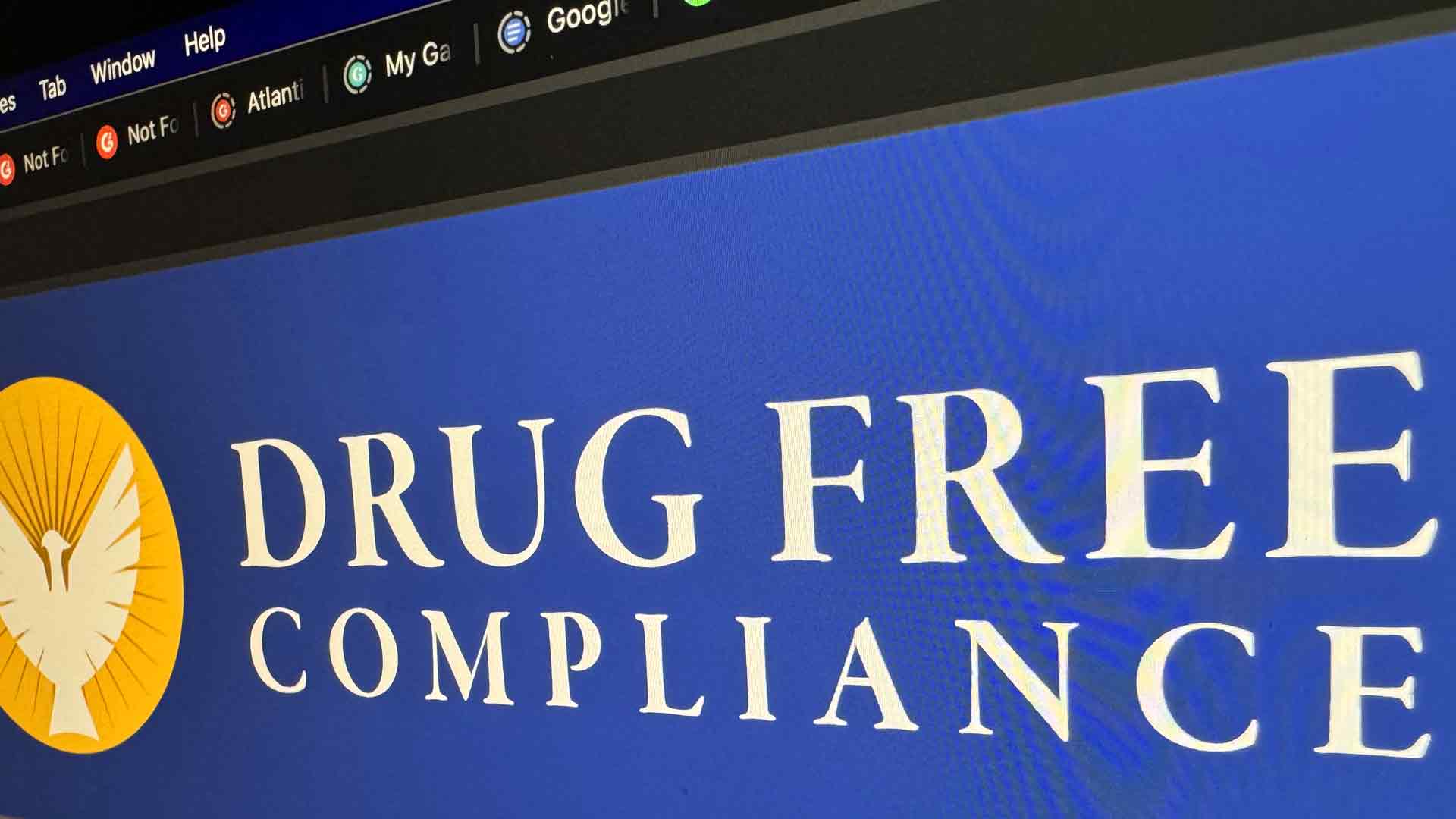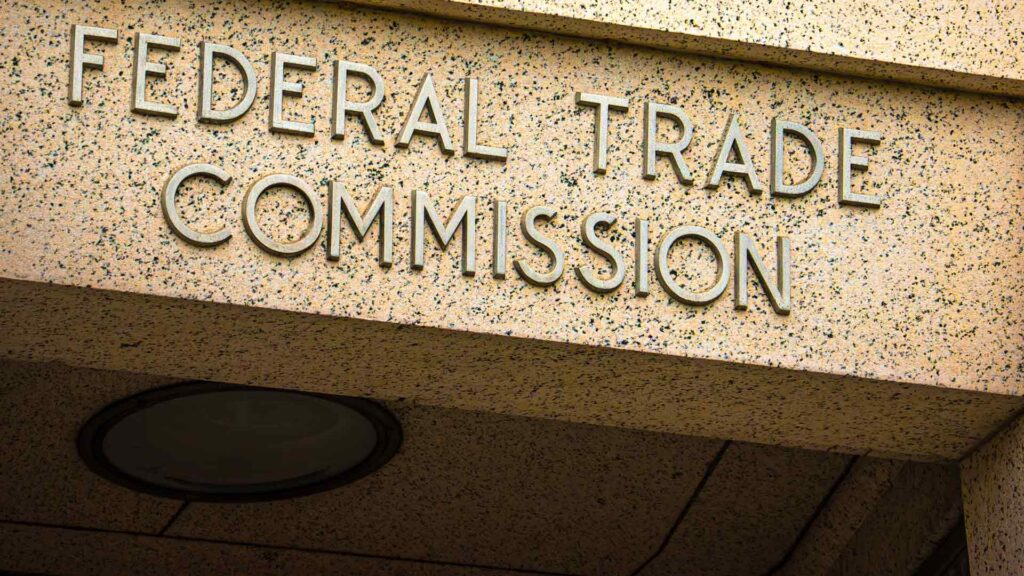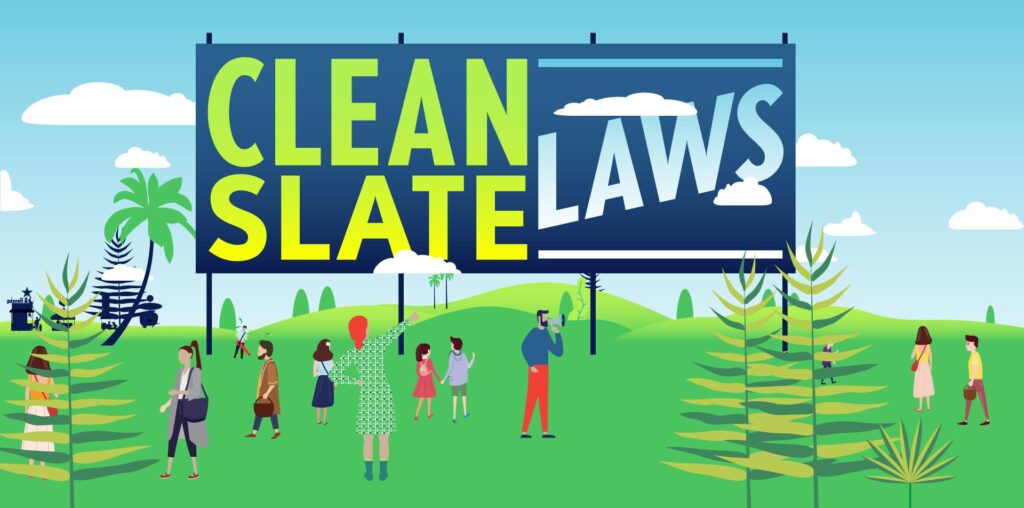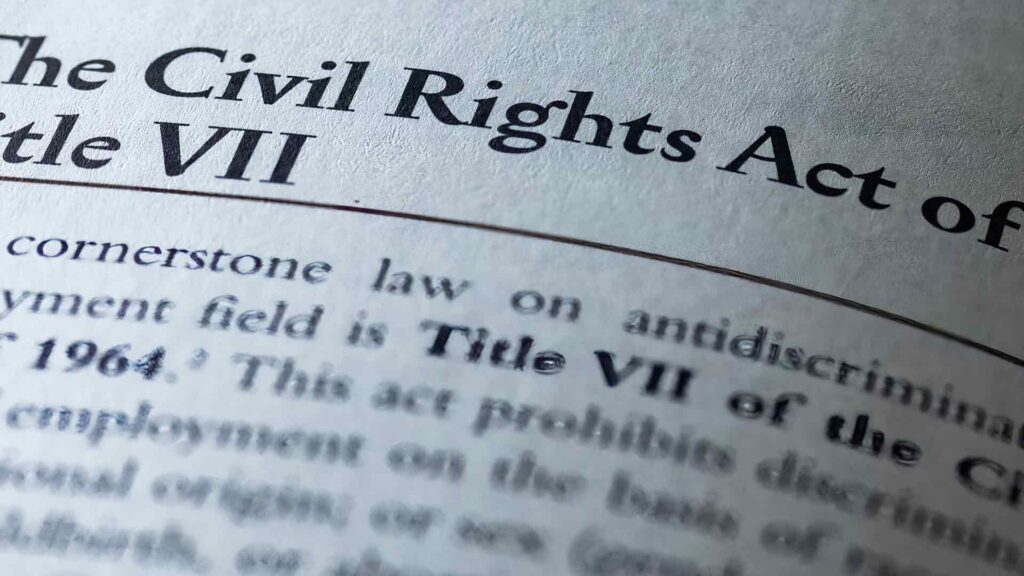
Q2 2024
In Our Marketplace

Take a peek at our ever-growing marketplace, which showcases partners that can help with every function your HR team could possibly think of, including Drug-Free Compliance.
Visit Drug Free ComplianceThe Importance of Disclosures in 2024

Background checks are essential for employers to make informed hiring decisions. However, to protect candidates’ privacy and rights, it is crucial to follow legal requirements for disclosure and authorization.
Read the Full StoryHow Clean Slate Laws Could Affect You

Even if your state has yet to adopt Clean Slate Laws, it’s likely that you’ve heard of the term. Particularly if you’re hiring and possibly seeing delays when a candidate has moved from one of the areas embracing the amendments. Clean Slate Laws are designed to help individuals with certain criminal records move forward by limiting the visibility of their past offenses to potential employers. These laws typically involve expunging or sealing criminal records for qualifying offenses, which can significantly reduce employment barriers for individuals with past convictions. For instance, as of January 2024, Connecticut began automatically expunging over 80,000 criminal records. New York’s Clean Slate Act will take effect in November 2024, sealing certain misdemeanor and felony convictions after specified waiting periods (Ogletree).
These laws have various components and implications for employers. Automatic expungement or sealing means that certain offenses are removed from an individual’s record after a predetermined time without reoffending. Some states also allow petition-based expungement, where individuals can request the court to seal their records upon meeting specific criteria. Clean Slate Laws often limit disclosure, preventing employers from accessing or considering expunged or sealed records during the hiring process. Non-discrimination provisions may prohibit employers from discriminating based on such records.
For employers, Clean Slate Laws necessitate adjustments in background screening processes to ensure compliance. This includes staying informed about the applicable laws, partnering with reputable background screening providers (like Atlantic!), revising screening criteria, and educating hiring managers on the implications of these laws. For example, under New York’s law, certain sensitive positions still require fingerprint-based background checks, which may include access to sealed records.
Employers must balance compliance with the laws and maintaining workplace safety and suitability. The laws have sparked some concerns among employers, particularly about ensuring workplace safety and making informed hiring decisions without access to comprehensive background information.
Consumer reporting agencies (AKA background screening companies!) have also seen an increase in delays under the impact of Clean Slate Laws. This is due to courthouses taking their time to seal cases and date of birth redaction, forcing Atlantic to find other validation methods before releasing a completed and accurate report. Rest assured, we’re doing everything in our power to get
You can read more about The Clean Slate Initiative and the states that have passed the campaign here.
Dollar Tree in Lawsuit over Inaccurate Background Check

In a lawsuit filed just a few weeks ago, Dollar Tree faces allegations of using false background check results to deny a candidate employment, even after being informed of the inaccuracies. This case underscores the critical importance of reliable and accurate background screening processes to protect both companies and their candidates.
The plaintiff asserts that Dollar Tree received erroneous background check information that negatively impacted their employment prospects. Despite being notified of these inaccuracies, Dollar Tree did not proceed with the candidate’s hiring, leading to the current legal action.
This situation highlights organizations’ need for robust and precise background screening mechanisms to avoid similar legal and reputational risks. This includes utilizing a reputable background check company and going over your pre-adverse action and adverse action letter processes in detail. At Atlantic Employee Screening, we understand the significance of accurate and compliant background checks. Our services are designed to prevent the issues faced by Dollar Tree through rigorous validation processes and state-of-the-art technologies. Learn more about the emerging lawsuit in this article.
EEOC vs Sheetz Alleging Discriminatory Hiring Actions

In April 2024, the U.S. Equal Employment Opportunity Commission (EEOC) filed a lawsuit against Sheetz, Inc., alleging racially discriminatory hiring practices. The lawsuit claims that Sheetz’s criminal background checks disproportionately impacted Black, Native American/Alaska Native, and multiracial job applicants compared to white applicants. Specifically, Black applicants were denied employment at a rate of 14.5%, Native American/Alaska Native applicants at 13%, and multiracial applicants at 13.5%, whereas white applicants were denied at a rate of only 8%.
The lawsuit claims these practices violate Title VII of the Civil Rights Act of 1964, which prohibits employment discrimination based on race, color, religion, sex, and national origin.
Sheetz denies discriminatory intent and asserts its commitment to diversity and inclusion in its hiring practices. The company states that it values a diverse workforce and follows legal guidelines to ensure fairness in its employment procedures. However, the EEOC’s lawsuit argues that the background check policy has a disparate impact on certain minority groups, effectively limiting their employment opportunities.
The EEOC seeks to address the alleged discriminatory practices through legal action, aiming for Sheetz to revise its background check policies and provide appropriate remedies to affected individuals. This lawsuit highlights ongoing concerns about the fairness and legality of employment screening practices and their impact on minority communities.
As always, existing litigation can serve as a reminder to look at your current policies and ensure you’re up-to-date with compliance. Read more about the case here.